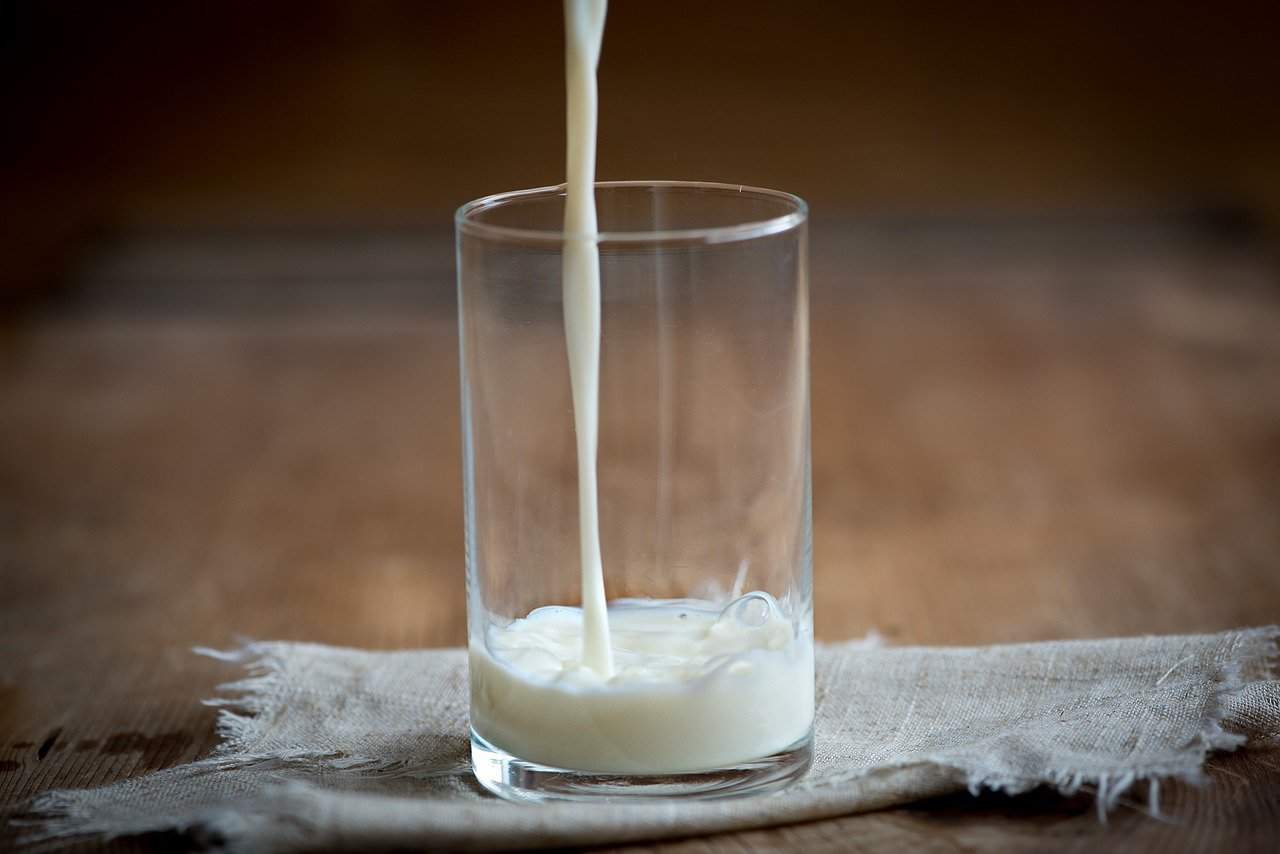Contents:
- Medical Video: Healthy Eating for a Diabetic
- First, let's find out about the milk content
- What is the relationship between milk and diabetics?
- Milk protein is said to trigger type 1 diabetes in children
- Milk fat is said to be good for type 2 diabetics
- What about the sugar content in milk?
- Determine milk that is suitable for diabetics
Medical Video: Healthy Eating for a Diabetic
Is milk good for people with diabetes? Two diabetes agencies, The American Diabetes Association (ADA) and the US Department of Agriculture (USDA), say yes. However, some experts actually say no. So, which one is right?
First, let's find out about the milk content
Milk is a product produced by female mammals to feed their children. Milk from mammals usually has a similar stem. However, each type of mammalian milk has a special protein that is characteristic of each of these milk.
Milk is rich in fat, protein, and carbohydrates at once. In cow's milk, it is usually contained 30-35 grams of protein per liter, and most of them are casein. In addition, milk also contains other proteins, but in small amounts, for example various kinds of minerals, vitamins A, B complex, C, D, K, and E.
What is the relationship between milk and diabetics?
Diabetics cannot make or use insulin effectively. Insulin is a hormone that regulates blood sugar levels. When insulin cannot function properly, your blood sugar levels will increase.
There are 2 types of diabetes, namely type 1 diabetes and type 2 diabetes. No matter which type, diabetics must pay attention to the amount of sugar they consume. Sugar is a type of carbohydrate. Therefore, it is very important for diabetics to calculate the amount of carbohydrates in the food they consume.
Diabetics also sometimes have high levels of cholesterol and triglycerides in their blood. Triglycerides are fats, which can increase the risk of having a heart attack. Diabetes also makes some sufferers at risk of fractures. Therefore, consuming products that are high in calcium can help sufferers keep their bones strong. One of these products is milk.
The problem is that the content in milk is not just calcium. There are other components that can help and there are also components that actually harm patients with diabetes. Let's see one by one about these components.
Milk protein is said to trigger type 1 diabetes in children
There are 4 types of casein proteins, namely casein alpha-S1, alpha-S2, beta, and kappa. Another milk protein is also known as whey protein.
Variants of beta casein, known as A1 beta-casein, have been linked to cause type 1 diabetes. Especially in genetically weak children, A1 beta-casein may start building an immune system response to attack beta cells that found in the pancreas itself. Therefore, children who are consuming cow's milk since childhood are studied higher at risk for type 1 diabetes.
But there are also scientists who disagree with this. For your readers, it never hurts to keep giving exclusive breastfeeding until the baby is at least 1 year old, so that you can protect your child from type 1 diabetes due to cow's milk.
Milk fat is said to be good for type 2 diabetics
Here is the interesting thing. Many good ingredients in milk are in the form of fat. Vitamins A, D, E, and K, as well as other important fatty acids such as linoleic and linolenic acids, are all found in milk in the form of milk fat.
Some studies have shown that milk fat can protect you from developing type 2 diabetes. In a study published in the Annals of Internal Medicine in December 2010, scientists monitored 3736 men for 10 years and found that men who contained blood sugar levels contained high fatty acids from whole-fat (which comes from milk-based products), has a risk of being hit with type 2 60% less than men who do not have high levels of fatty acids in their blood sugar levels.
Some studies also show that consuming milk-based products lowers the risk of insulin resistance, metabolic syndrome, and diabetes. Scientists predict that the fatty acids in milk-based products, called trans-palmitoleic acids, keep you protected from the diseases already mentioned.
Trans-palmitoleic acid is also linked and can reduce body mass index, reduce triglyceride levels, reduce levels of C-reactive protests (causes of inflammation), reduce insulin levels, and make waist circumference smaller.
What about the sugar content in milk?
Sugar in milk is known as lactose. Lactose makes milk taste sweet and is 40% of the total calories in milk. Of course, lactose can increase your blood sugar levels. In your body, there is an enzyme called lactase which converts lactose to glucose and galactose. Because this process takes time, experts conclude that lactose is converted in blood sugar in a relatively slow time, or in other words, lactose has a low glycemic index (GI).
However, even though lactose has a small GI, lactose still triggers insulin as much as other components that have a large GI. The experts concluded that this was caused by a combination of the work of lactose and other amino acids in whey protein. This is what causes experts to recommend that diabetics avoid milk or other milk-based products.
Determine milk that is suitable for diabetics
Seeing the pros and cons that have been explained earlier, it is indeed difficult to determine whether milk is safe to drink by diabetics or not. However, you can choose certain dairy products that are suitable for your situation, for example by choosing milk that does not contain sugar, because in fact, other components of milk can be useful for you.
READ ALSO:
- 4 Negative Impacts of Milk that May Happen
- Can Diabetes Cause Impotence?
- 7 Diseases that Usually Attack Diabetics












